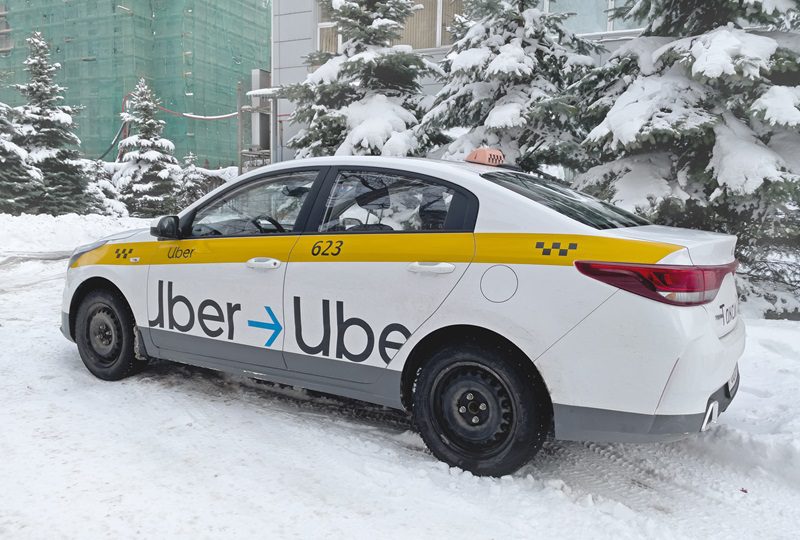Why this Uber driver was not injured in an auto accident

An Uber driver who slipped on ice when helping a passenger load the trunk was not involved in an auto ‘accident,’ the Ontario Licence Appeal Tribunal has ruled.
The ruling is consistent with a trend in Ontario case law over the past couple of years. More commonly, courts are finding the vehicle itself or its use must have been directly responsible for an injury.
“I find that the use or operation of the automobile was not the dominant feature of the applicant’s injuries,” LAT Adjudicator Kate Grieves wrote in a decision released today. “As in Porter, the dominant feature that caused the applicant’s injuries was the icy driveway.
Related: How accident claims hit rideshare drivers’ personal auto policies
“Direct causation requires more than the motor vehicle simply being the reason as to why the applicant was present at that location when the slip and fall occurred. If the ice was removed from the equation, he would not have slipped and been injured. Regardless of whether an automobile is involved, falling on ice is a foreseeable and common risk when walking outdoors in winter.”
Fahed Abou Zeid was driving his vehicle for Uber on Mar. 9, 2023, when he was picking up a passenger and reversed into the driveway. He got out of the vehicle to help his passenger put some bags in the trunk. While walking towards the rear of the vehicle to open the trunk, he slipped and fell on the icy driveway and fractured his arm. He claimed accident benefits from his auto insurer, Economical Insurance.
The insurer denied the claim, saying it did not meet the definition of an ‘accident,’ as defined in Ontario’s Statutory Accident Benefits Schedule (SABs).
Related: What exactly is an ‘Accident?’
Zeid appealed the insurer’s decision to Ontario’s LAT.
Zeid argued the use or operation of his car was a dominant feature of the injury, given that he was an Uber driver and was walking toward the trunk to load luggage of a passenger. He told LAT the use of his vehicle “did not end after stopping the vehicle, but continued as he was going to open the trunk,” as Grieves framed his submission to the tribunal.
Grieves rejected his claim, citing several court decisions, including Porter v. Aviva Insurance Company of Canada in 2021.
In Porter, for example, the court held that “more is required than establishing that the car brought the applicant to the location of the incident,” Grieves wrote. “And more is required than the car being the reason why [the injured person] was at the location where the incident occurred. I am bound by the reasoning in this decision.”
Ultimately, LAT sided with Economical that the ice caused the slip-and-fall injury, not the car.
Feature image courtesy of iStock.com/OxAvdeenko



